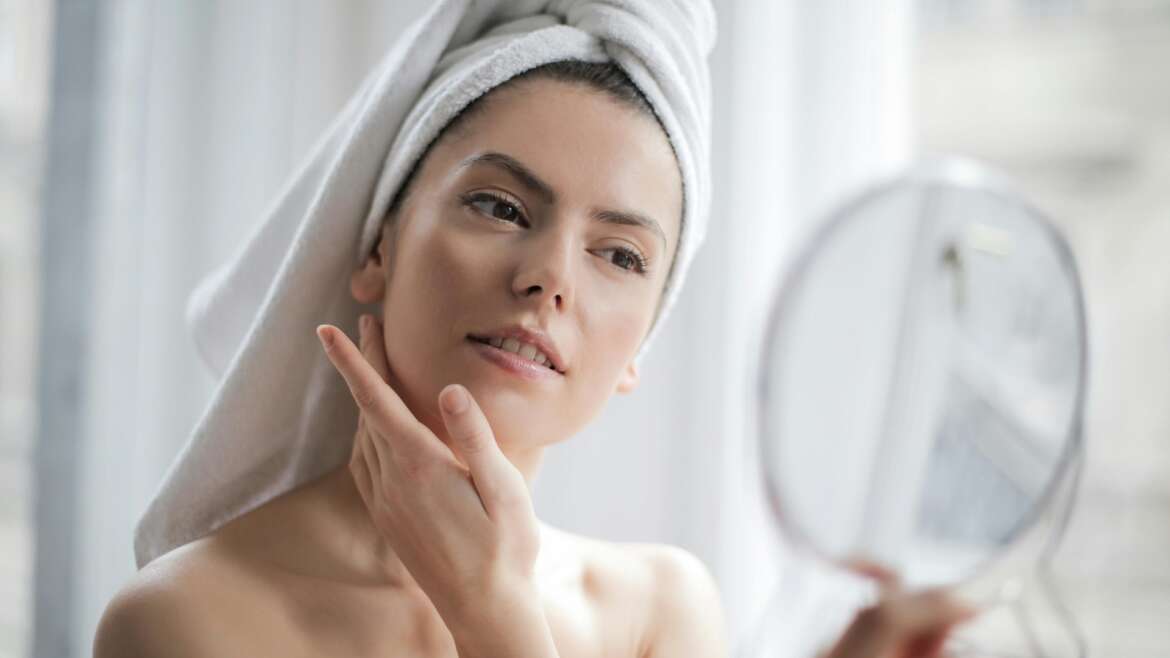The Basic Rules of Skin Care & Acne Treatment
Acne is one of the most common skin concerns, affecting people of all ages—not just teenagers. While breakouts can be frustrating, the right skin care routine can make a world of difference. By following a few basic rules, you can help prevent flare-ups, support your skin’s natural healing, and maintain a healthy, clear complexion.
1. Keep Your Skin Clean, but Gentle
Washing your face twice a day—once in the morning and once before bed—helps remove dirt, excess oil, and impurities that can clog pores. However, harsh scrubbing can irritate the skin and worsen acne. Instead, use a gentle, non-comedogenic cleanser and lukewarm water. Over-cleansing or using hot water can strip the skin of essential moisture, triggering more oil production.
2. Don’t Skip Moisturiser
Many people with acne-prone skin avoid moisturisers, fearing they will cause breakouts. In reality, hydration is key to maintaining a healthy skin barrier. Opt for lightweight, oil-free, and non-comedogenic moisturisers that keep your skin balanced without clogging pores.
3. Treat with Proven Ingredients
Over-the-counter acne treatments containing benzoyl peroxide, salicylic acid, or retinoids can help reduce breakouts and prevent new ones from forming. These ingredients work by unclogging pores, reducing bacteria, and promoting cell turnover. Introduce them gradually to avoid irritation, and always follow the directions for best results.
4. Hands Off Your Face
Touching or picking at blemishes can spread bacteria and lead to inflammation, scarring, or prolonged healing. Instead, let treatments do the work and avoid squeezing spots.
5. Protect Your Skin from the Sun
Sun exposure may temporarily dry out pimples, but it can also cause redness, dark spots, and premature ageing. Always use a broad-spectrum sunscreen (SPF 30 or higher) that’s oil-free and non-comedogenic to protect your skin without clogging pores.
6. Be Consistent and Patient
Acne treatments take time—typically 4 to 8 weeks before noticeable improvement. Switching products too often can irritate your skin and make acne worse. Stick to a consistent routine and give your skin a chance to respond.
7. Seek Professional Advice When Needed
If over-the-counter treatments aren’t working or your acne is severe, consult a skin care professional. Dermatologists can recommend prescription treatments, advanced therapies, or in-clinic procedures to help clear your skin effectively.
The Bottom Line
Healthy, acne-free skin starts with simple, consistent habits. By cleansing gently, keeping skin hydrated, using the right treatments, and protecting against sun damage, you can improve your complexion and boost your confidence. Remember: patience and care are your best allies in the journey to clearer skin.

